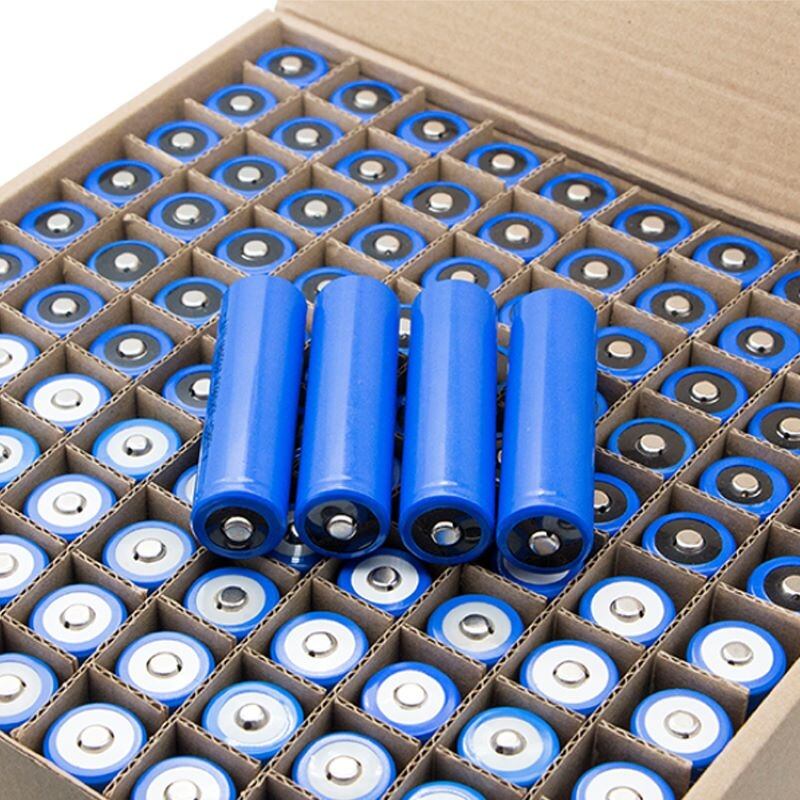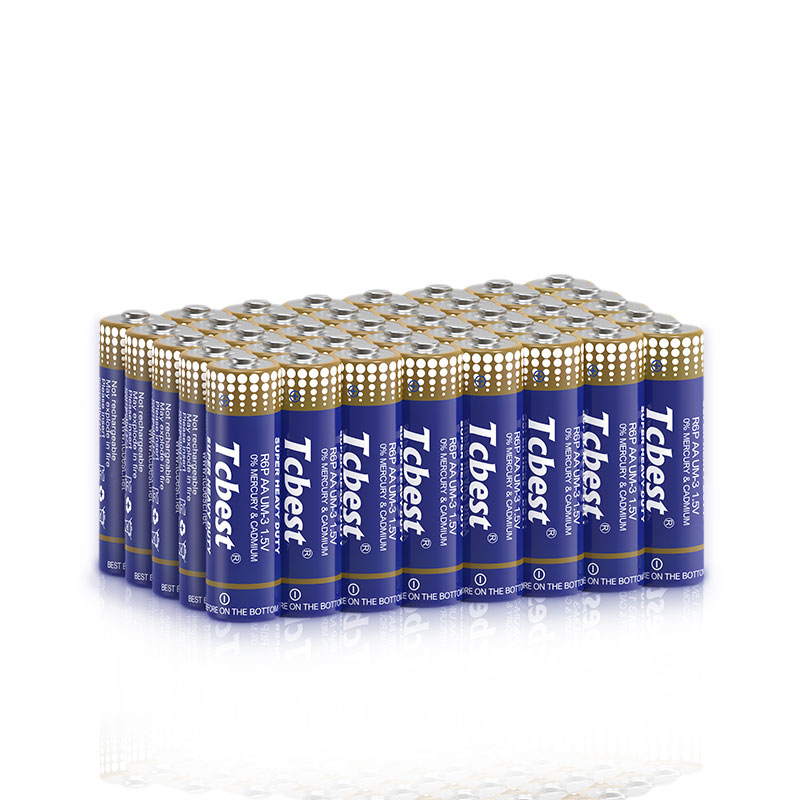Introduction
Lithium-ion batteries (Li-ion) remain the dominant technology for portable devices and electric vehicles due to their high energy density and mature supply chain. In contrast, zinc-based batteries are quite attractive in terms of safety, cost, and sustainability, but they still face some practical limitations in energy density, lifespan, and large-scale production. Whether they can replace lithium batteries depends mainly on the application scenario: for devices requiring long battery life and high energy, lithium batteries will remain more advantageous in the short term; while zinc batteries may gradually gain a foothold in areas with high safety requirements, cost sensitivity, or stationary energy storage.

What are the differences between lithium batteries and zinc batteries?
Materials and Working Principles
Lithium batteries store energy by moving lithium ions between the positive and negative electrodes, while zinc-based batteries use zinc as the "protagonist," including zinc-ion batteries, zinc-air batteries, and zinc-manganese batteries. Overall, zinc resources are more abundant, the cost is lower, and the system is generally safer.
Energy Density
Lithium batteries have a higher energy density, making them more suitable for scenarios that prioritize long battery life or miniaturization, such as mobile phones and electric vehicles.
Zinc-based batteries generally have lower energy density, but they excel in low material cost and abundant resources, and are constantly being improved.
Safety
The main safety concern with lithium batteries is thermal runaway, which can lead to fire in extreme cases.
Zinc-based systems often use aqueous electrolytes, which are inherently less flammable, resulting in generally better safety. However, they may encounter new challenges such as dendrite growth.
Cost and Resources
Zinc is much cheaper than lithium, and resources are more readily available. While it might seem that "cheaper materials = cheaper batteries," the actual cost is closely related to factors such as lifespan, production complexity, and yield.
Simple Comparison of Chemical Mechanisms
Lithium-ion batteries: Rely on lithium ions "intercalating" within the material, combined with mature cathode materials such as NMC and LFP, to achieve high energy density.
Zinc-based batteries: Some use the movement of zinc ions, while others rely on the reaction with oxygen in the air (zinc-air batteries). The reaction mechanisms of different systems vary greatly, resulting in different performance and applicable scenarios.
Energy Density Performance
Lithium-ion batteries: Remain the "ceiling" for most high-energy applications. Zinc-based batteries: While practical energy density isn't yet high, research and development are rapid. For example, zinc-air batteries theoretically have impressive energy density, but rechargeability and power output remain bottlenecks.
Lifespan Performance
Lithium-ion batteries have mature cycle life, ranging from hundreds to thousands of cycles across different systems.
Zinc-based batteries' lifespan depends more on the system itself and technologies like dendrite suppression; they are still catching up, but significant progress is evident.
Power Performance
Lithium-ion batteries have clear advantages in high-rate discharge and fast charging, making them the preferred choice for many high-performance applications.
Zinc-based batteries, however, encounter insufficient high-current performance in some systems (especially zinc-air), although the performance of zinc-ion batteries is improving.
Material Costs
The raw material cost of zinc is significantly lower than that of lithium, and the supply chain is much simpler.
However, when calculating the "total cost of using the battery," factors such as lifespan, manufacturing methods, and stability complicate matters.
Safety
Lithium-ion batteries are prone to thermal runaway when problems arise, making safety a constant industry focus.
Zinc-based systems are inherently more "mild" chemically, especially aqueous systems which are essentially non-flammable, thus offering a significant safety advantage. However, engineering design remains crucial.
Environmental Impact
Zinc resources are abundant and easy to recycle, resulting in relatively less environmental pressure; lithium battery recycling, on the other hand, requires more effort and involves geopolitical factors related to resources like lithium and cobalt.
Of course, regardless of the type of battery, the amount of energy used in the production process and how end-of-life batteries are disposed of will affect the overall environmental performance.
Recent Developments in Zinc-Based Batteries
Zinc-Air Batteries

Advantages: High theoretical energy density, low cost, environmentally friendly; suitable for energy storage and other applications requiring "high energy + low power".
Challenges: Rechargeability, cycle life, and air reaction efficiency remain key technological challenges.
Zinc-Ion Batteries (ZIB)
Currently the zinc-based technology with the best chance of large-scale production: safe, cost-controllable, with steadily improving energy density and lifespan, and its future applications are expected to continue to expand.
Zinc-Manganese Batteries (Zn-MnO₂)
These batteries are inexpensive and safe, but further breakthroughs are needed in cycle life and energy density.
Zinc-Carbon Batteries

Commonly used in disposable, low-cost applications, their positioning is relatively clear, and they are unlikely to replace modern lithium batteries.
Summary: Competition or Complementarity?
For applications like mobile phones and electric vehicles that require both high power and long range, lithium batteries will remain the most reliable and mature solution for the next few years.
Zinc-based batteries have advantages in safety, cost, and resource friendliness. Their performance is constantly improving, so they will become increasingly prominent in some application areas—especially stationary energy storage, grid regulation, and safety-priority devices.
From a trend perspective, "completely replacing lithium batteries" is unrealistic in the short term, but "using them side by side and complementing each other" is a more reasonable development path. The future market is more likely to see multiple systems coexisting, each leveraging its strengths, rather than one type of battery "dominating the market."
Description:Zinc-air batteries offer strong advantages in cost, safety, and sustainability, but their limitations in energy density, rechargeability, and lifespan prevent them from replacing lithium-ion in the near term. Instead, they are likely to complement lithium-ion, especially in stationary storage and safety-focused applications.



